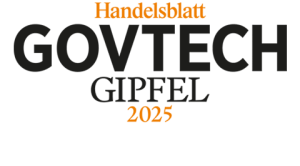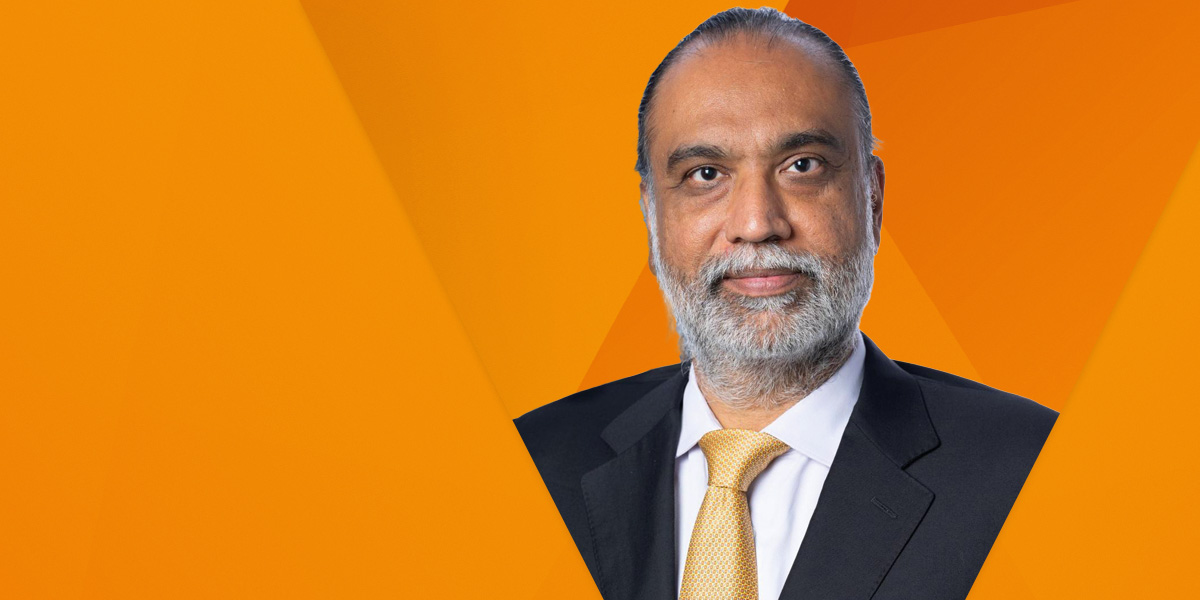The Office of the Secretary-General’s Envoy on Technology (OSET) set up in 2021 is the main instrument to advance “digital cooperation” so the UN can better deliver on its mandate to promote peace and security, protect human rights and advance sustainable development.
An Open, Free, Secure Digital Future for All
A unique policy window opens this year. Leaders will gather in New York in September 2024 at the Summit of the Future to reinforce multilateralism and set some directions for the future. Germany and Namibia are leading the preparations across several tracks. One of those tracks is digital. A Global Digital Compact has been proposed for adoption at the Summit. Co-facilitated by Sweden and Zambia, a negotiation is under way to adopt potential guiding principles, concrete commitments, and actions for an open, free, secure, and inclusive digital future. Addressing the digital divide is an urgent priority – 2.6 billion people still cannot access the Internet. Many more cannot do so affordably and meaningfully in their context. Far too many continue to suffer online harm.
Governing AI for Humanity
AI is on the agenda as well. An Advisory Body of independent experts set up by the Secretary-General is working alongside to craft recommendations on the international governance of AI. It has just released an interim report that looks at AI risks and challenges as well as opportunities and enablers needed to realise those opportunities. Importantly, it has surfaced certain functions that need to be executed internationally by an institution or a network of institutions so that AI works for all humanity and its power and risks can be managed. The Advisory Body will now consult widely and consider how these functions can be translated into form.
Digital Public Infrastructure
The COVID-19 pandemic underlined how critical digital public infrastructure (DPI) is to our lives today. DPIs are more than just ways to authenticate identity, make and receive payments online, and move data in trusted and secure ways to deliver services. They are the inclusive space in which innovators from public and private sectors can build and expand the digital economy. This matters hugely in the Global South, but also in the developed world where public sector budgets and demographics are dictating new innovative approaches to service delivery.
DPIs are a tree with deep roots. Open-Source communities across the globe have built digital public goods that individuals, companies, and public sector institutions use, alone or in combination with proprietary software. These digital public goods can be combined stack like or clustered around specific use-cases to build DPIs. As these digital commons grow, the importance of international standards on safety, sustainability and inclusion cannot be overstated. This is why the UN Tech Envoy’s office is working with UNDP and other partners to develop a DPI safeguards framework so digital infrastructure can be scaled safely and inclusively. To strengthen the foundations for DPIs, involve start-ups and SMEs in the digital transformation of the public sector, and build a culture of open and responsible digital innovation, it is helping build and network Open-Source Programme Offices (OSPOs). In this way, Open-Source communities can learn from each other and be better plugged into national and international efforts to achieve the UN Sustainable Development Goals (SDGs).
The imperative of international cooperation
Technology is dual use. As an instrument designed and used by humans, it can do tremendous good, and it can do enormous harm. It can bridge divides or create new gulfs. Increasingly, just like climate change, technology’s impact can no longer be contained within borders. It is up to us to harness technology beneficially and inclusively. As the power of technology to reshape our societies, economies and polities grows, and as innovation speeds up, we need to stay in step. Digital inclusion can conquer digital divides. Digital cooperation can trump tech wars. To succeed we will need to build national and international governance capacity. Above all, we will need to strengthen international collaboration.


